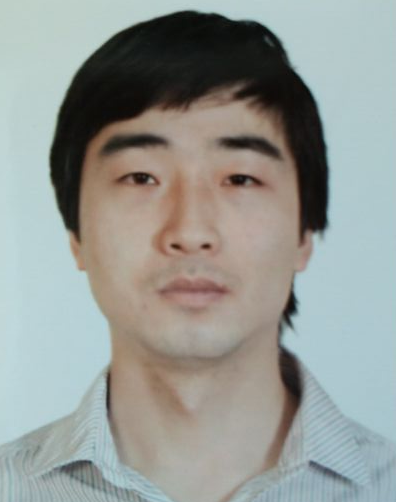Discrimination of quantum states under locality constraints in the many-copy setting
Speaker: Nengkun Yu
Time: Jun 15 10:00, 2023
Venue: Tencent Meeting:156907420
Abstract:We study the discrimination of a pair of orthogonal quantum states in the many-copy setting. This is not a problem when arbitrary quantum measurements are allowed, as then the states can be distinguished perfectly even with one copy. However, it becomes highly nontrivial when we consider states of a multipartite system and locality constraints are imposed. We hence focus on the restricted families of measurements such as local operation and classical communication (LOCC), separable operations (SEP), and the positive-partial-transpose operations (PPT) in this paper. We first study asymptotic discrimination of an arbitrary multipartite entangled pure state against its orthogonal complement using LOCC/SEP/PPT measurements. We prove that the incurred optimal average error probability always decays exponentially in the number of copies, by proving upper and lower bounds on the exponent. In the special case of discriminating a maximally entangled state against its orthogonal complement, we determine the explicit expression for the optimal average error probability and the optimal trade-off between the type-I and type-II errors, thus establishing the associated Chernoff, Stein, Hoeffding, and the strong converse exponents. Our technique is based on the idea of using PPT operations to approximate LOCC. Then we show an infinite separation between SEP and PPT operations by providing a pair of states constructed from an unextendible product basis (UPB): they can be distinguished perfectly by PPT measurements, while the optimal error probability using SEP measurements admits an exponential lower bound. On the technical side, we prove this result by providing a quantitative version of the well-known statement that the tensor product of UPBs is UPB.
 Biography: Nengkun Yu is an associate professor and SUNY Empire Innovation Scholar at the Department of Computer Science, the State University of New York at Stony Brook. He received his B.S. and PhD degrees from the Department of Computer Science and Technology, Tsinghua University, Beijing, China, in July 2008 and 2013.
Biography: Nengkun Yu is an associate professor and SUNY Empire Innovation Scholar at the Department of Computer Science, the State University of New York at Stony Brook. He received his B.S. and PhD degrees from the Department of Computer Science and Technology, Tsinghua University, Beijing, China, in July 2008 and 2013.
He won the ACM SIGPLAN distinguished paper award at OOPSLA 2020, and the ACM SIGPLAN distinguished paper award at PLDI 2021. His research interest focuses on quantum computing.
